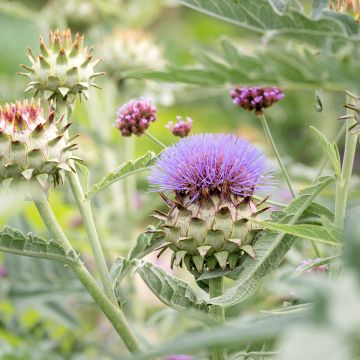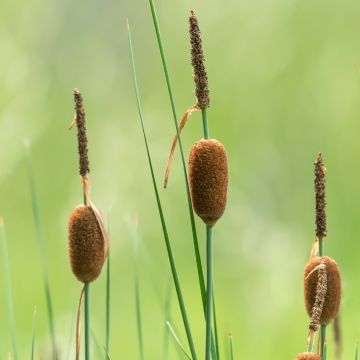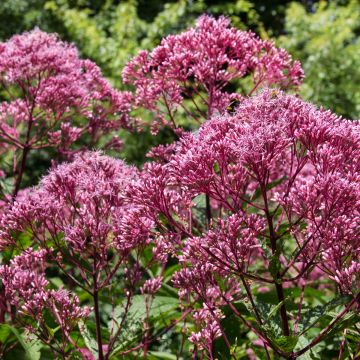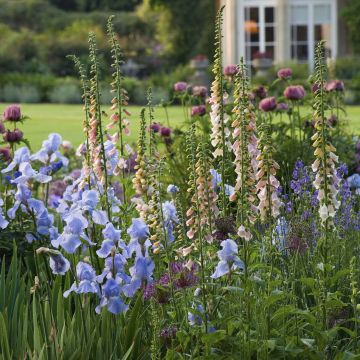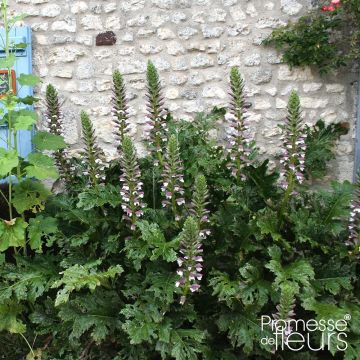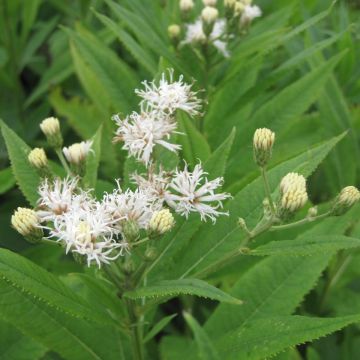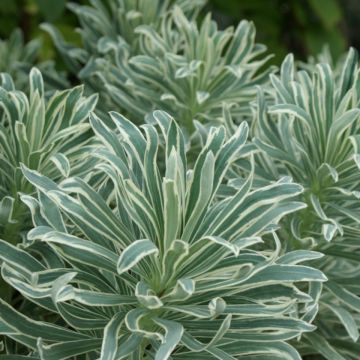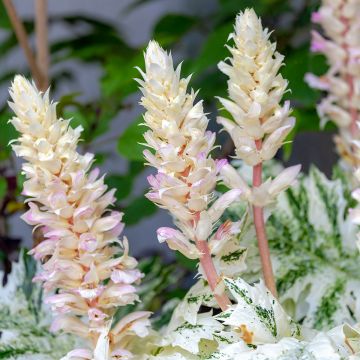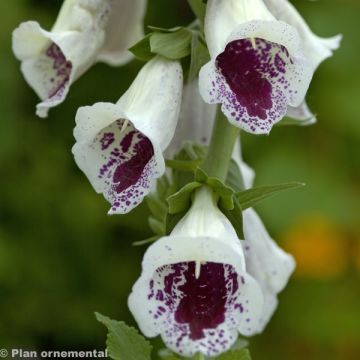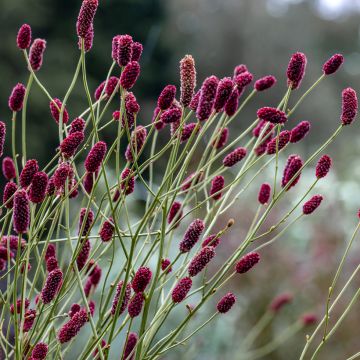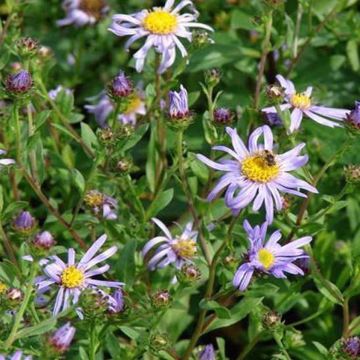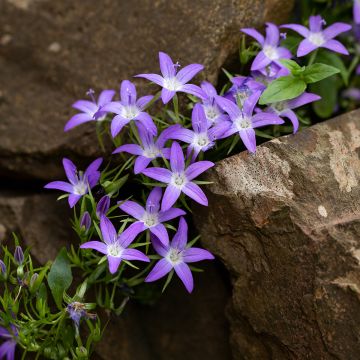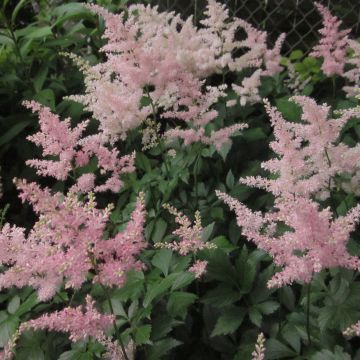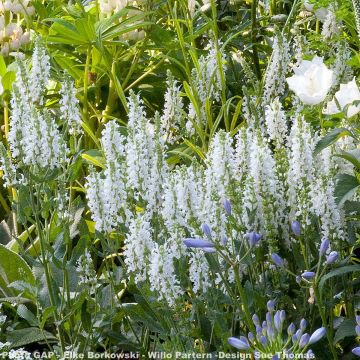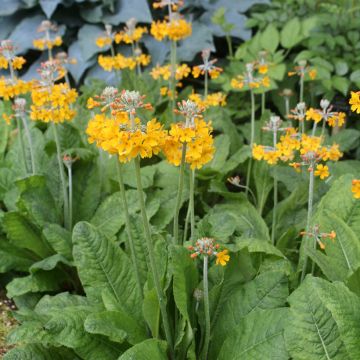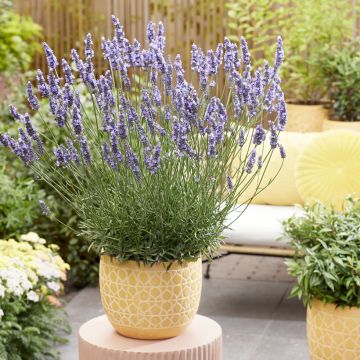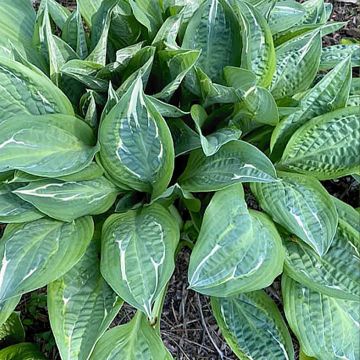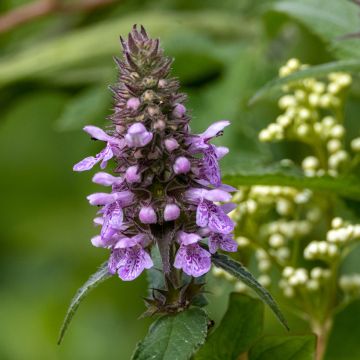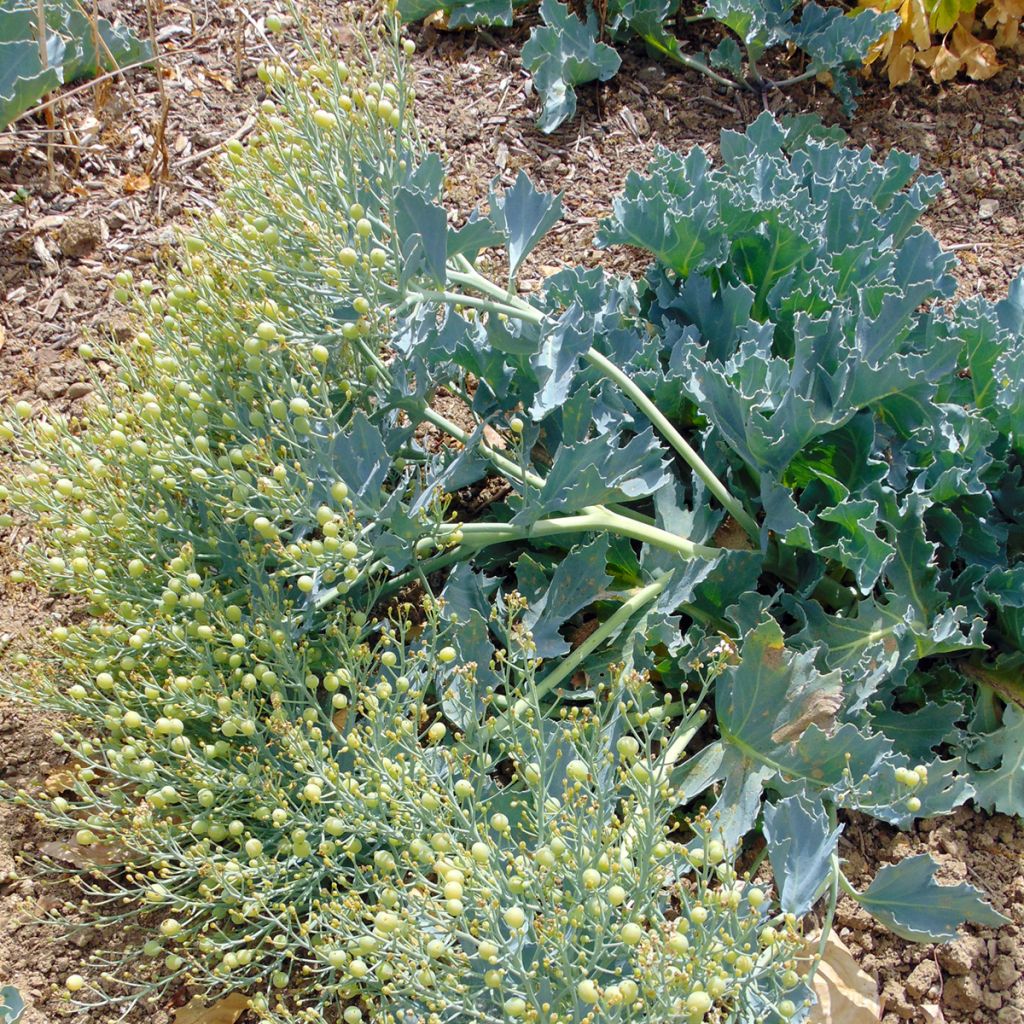

Crambe maritima - Sea Kale
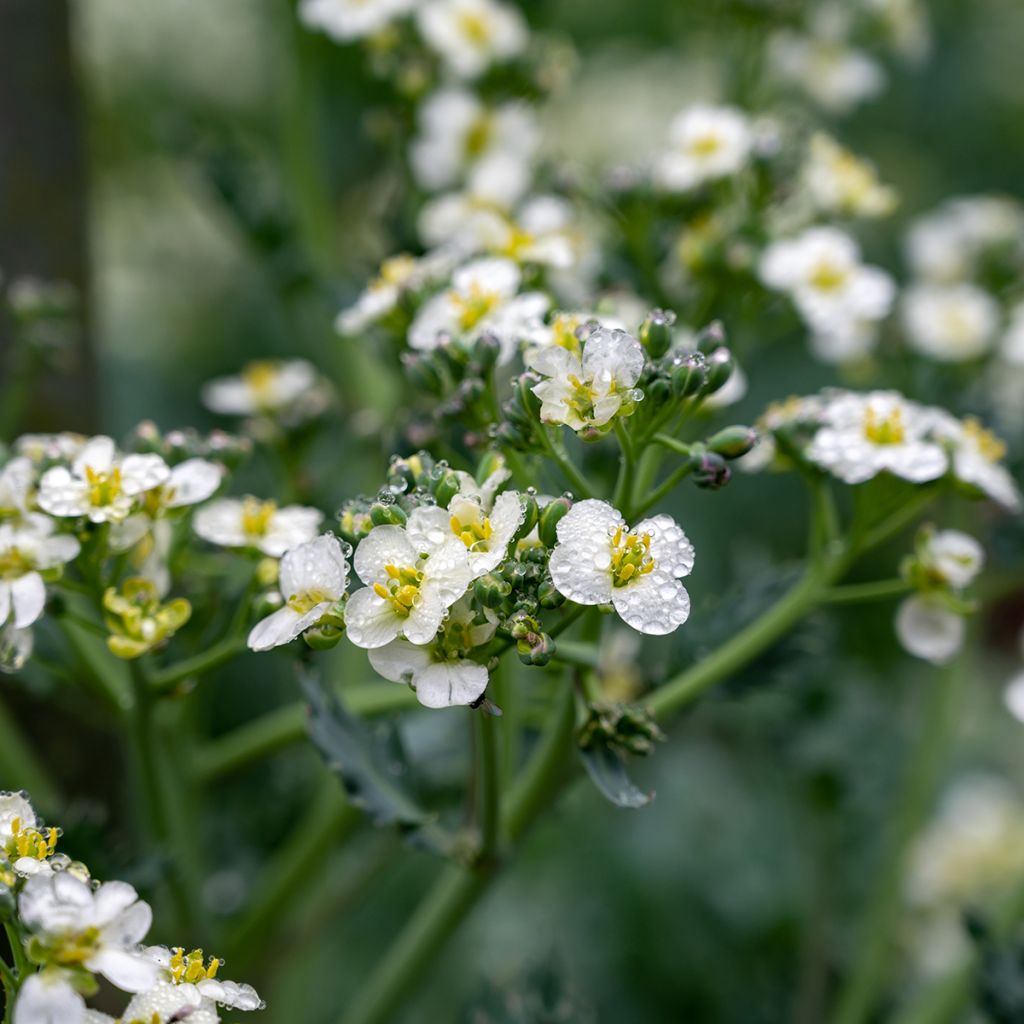

Crambe maritima - Sea Kale
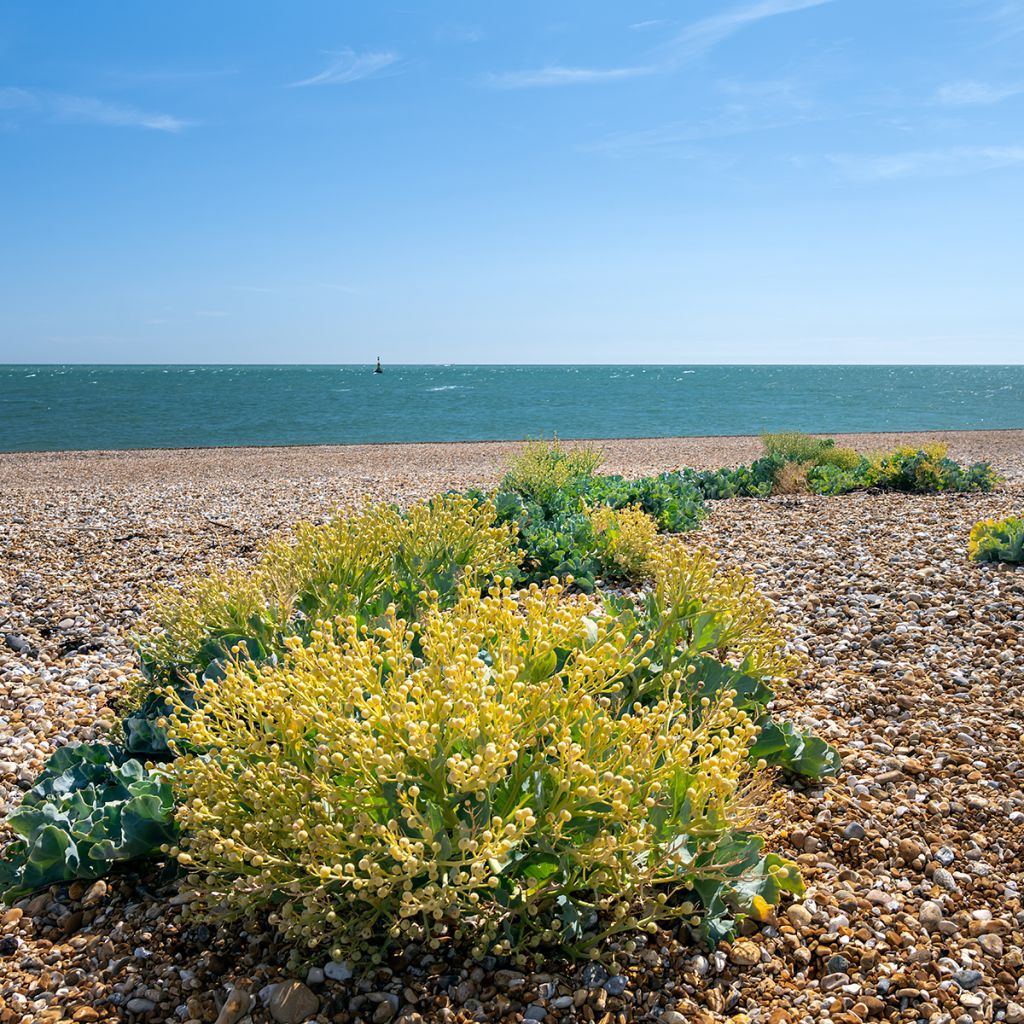

Crambe maritima - Sea Kale
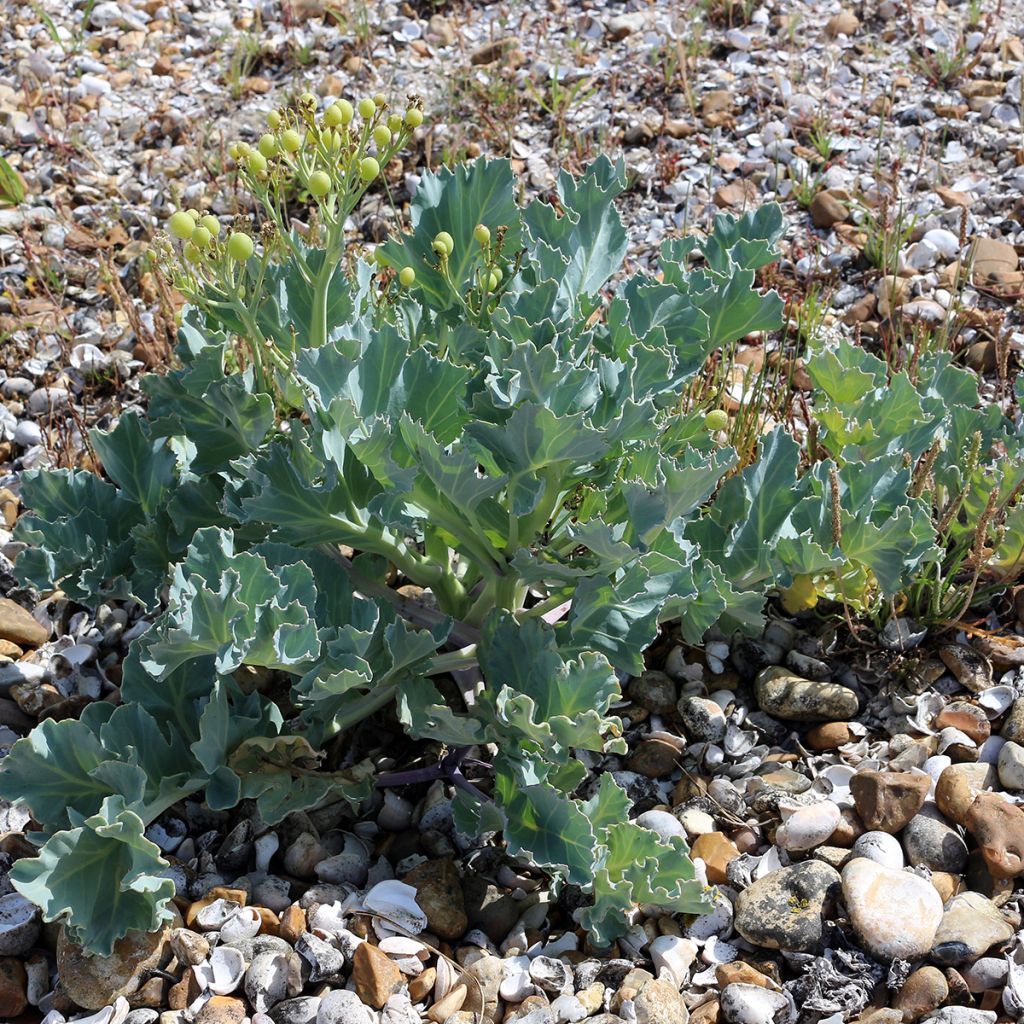

Crambe maritima - Sea Kale
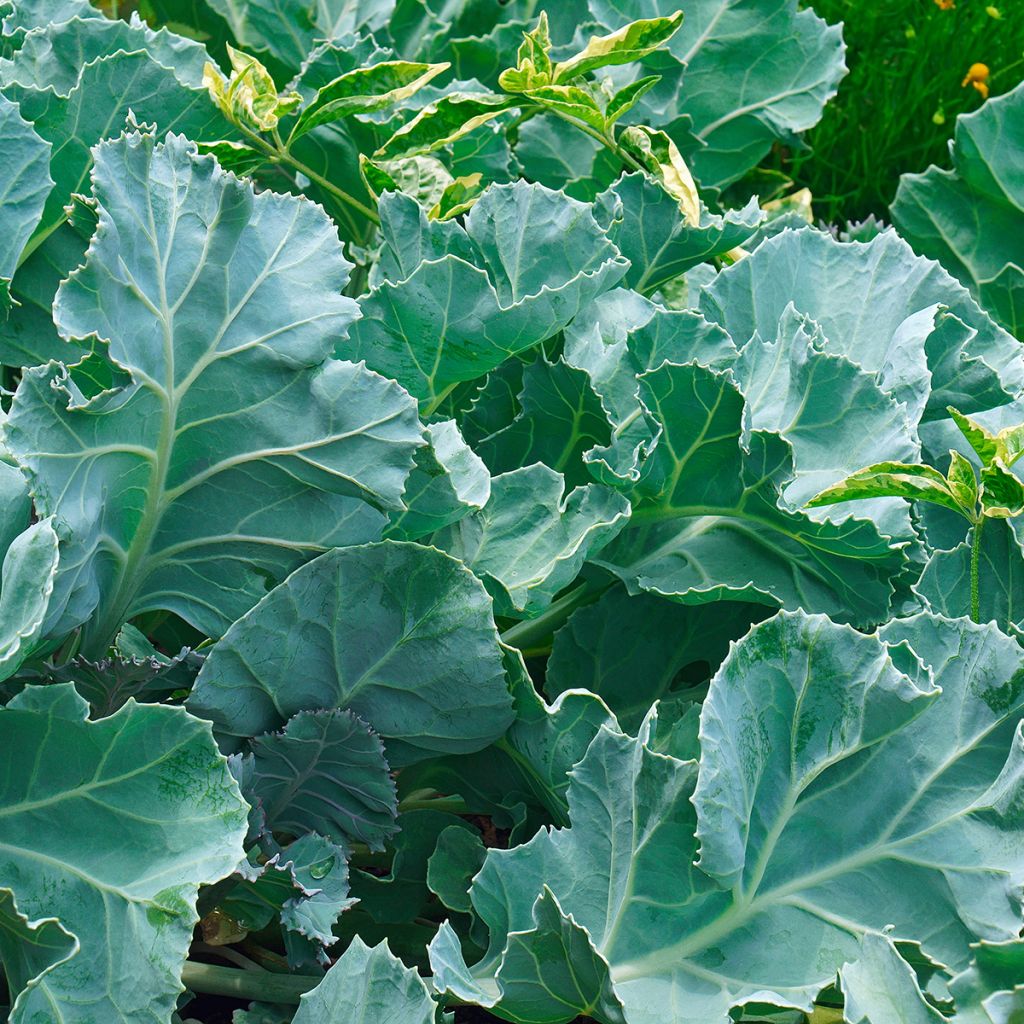

Crambe maritima - Sea Kale
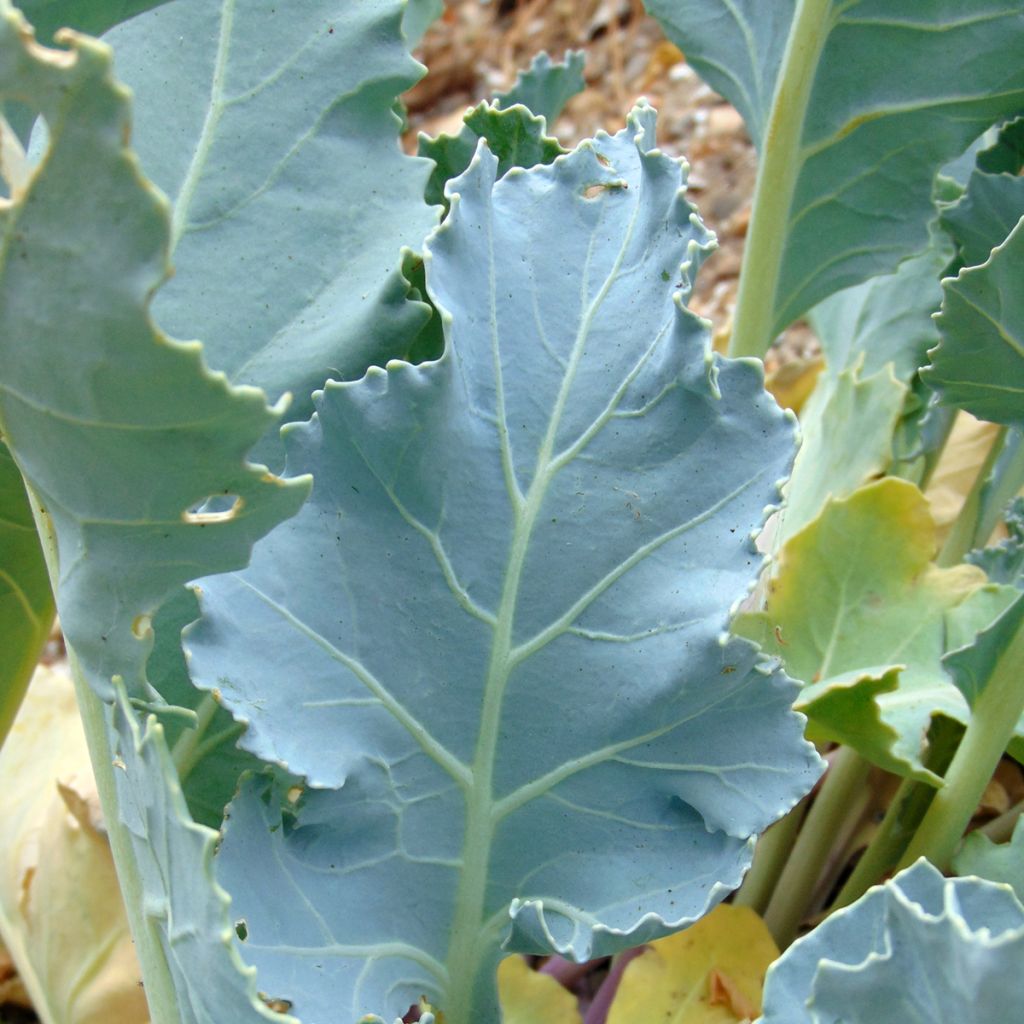

Crambe maritima - Sea Kale
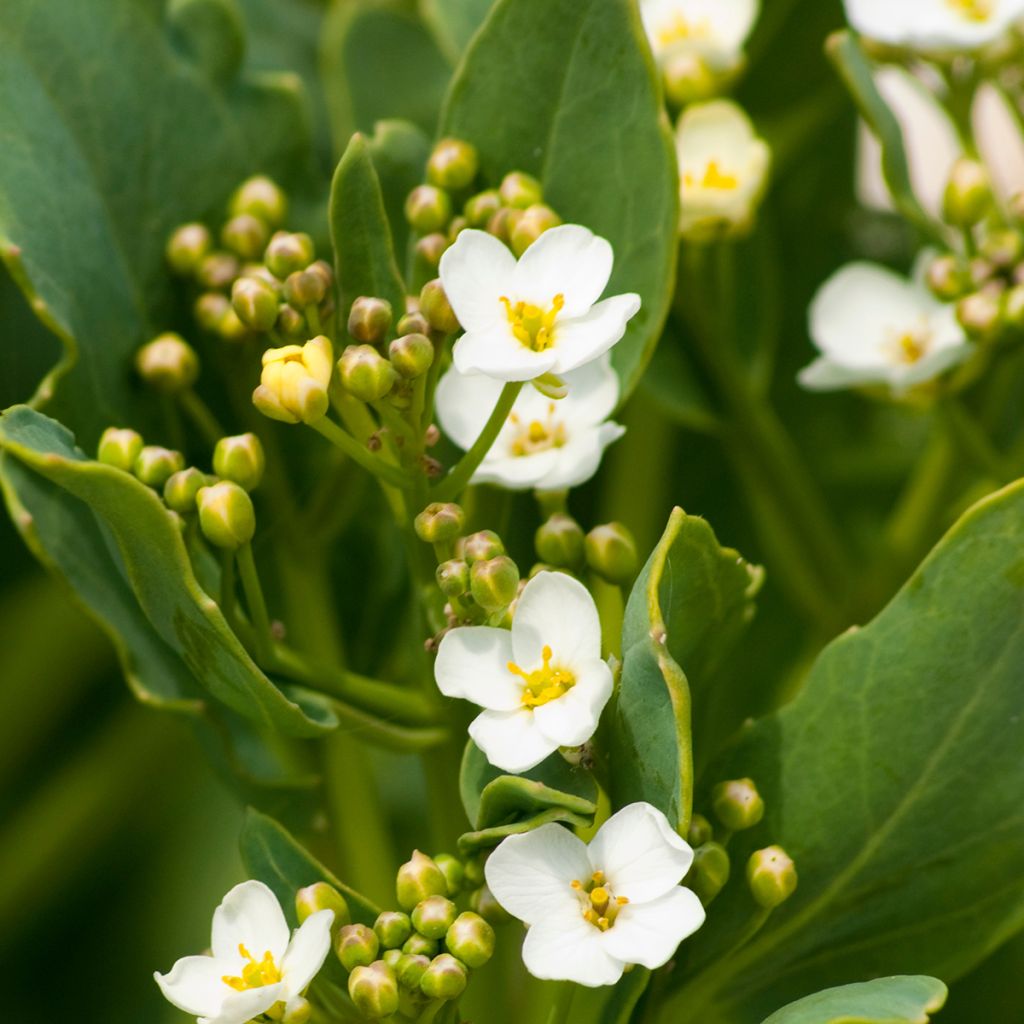

Crambe maritima - Sea Kale
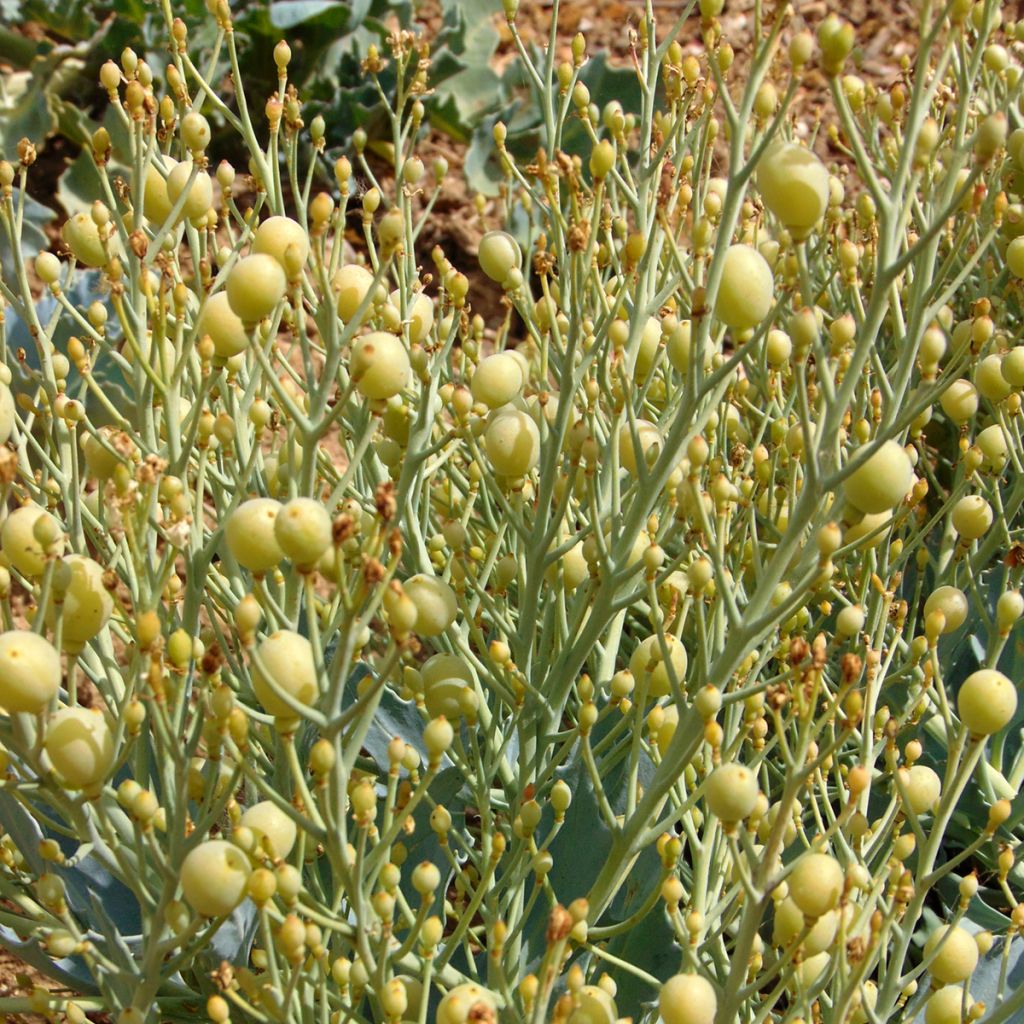

Crambe maritima - Sea Kale
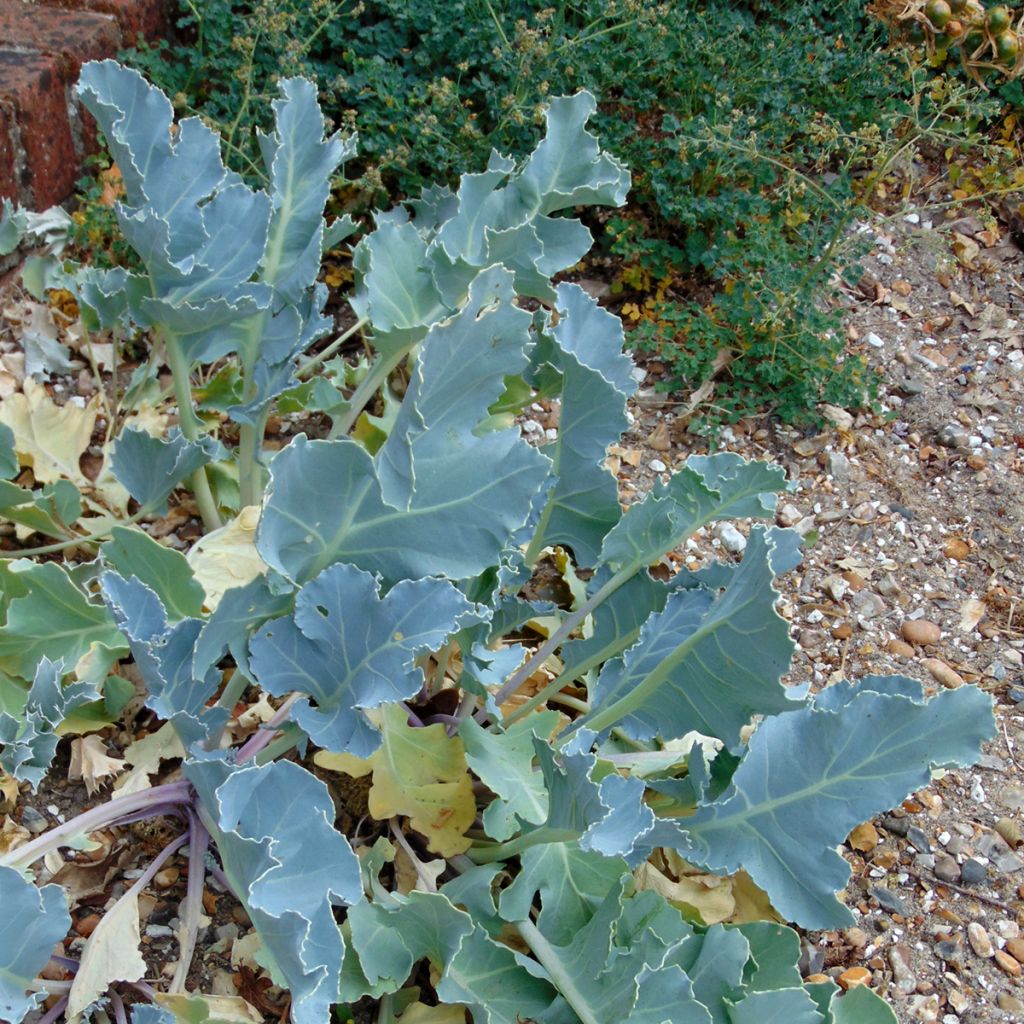

Crambe maritima - Sea Kale
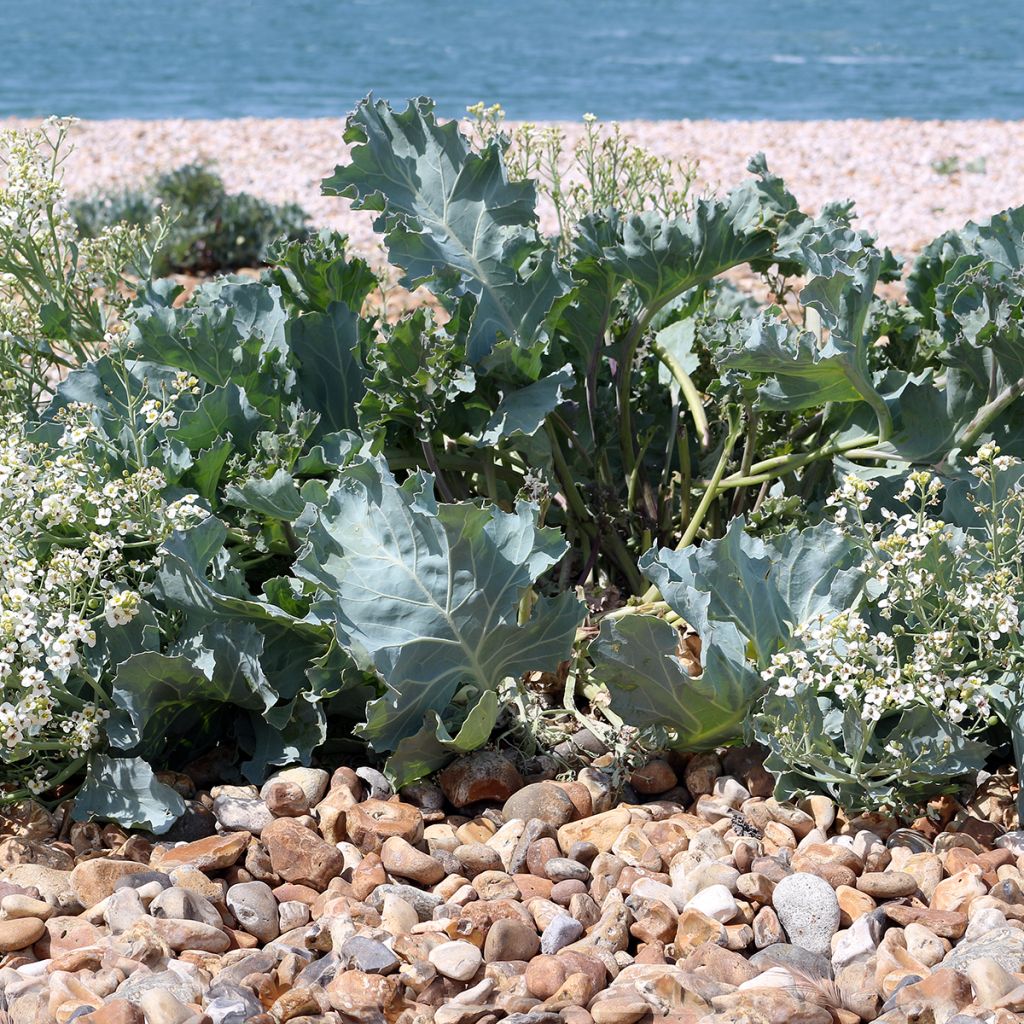

Crambe maritima - Sea Kale
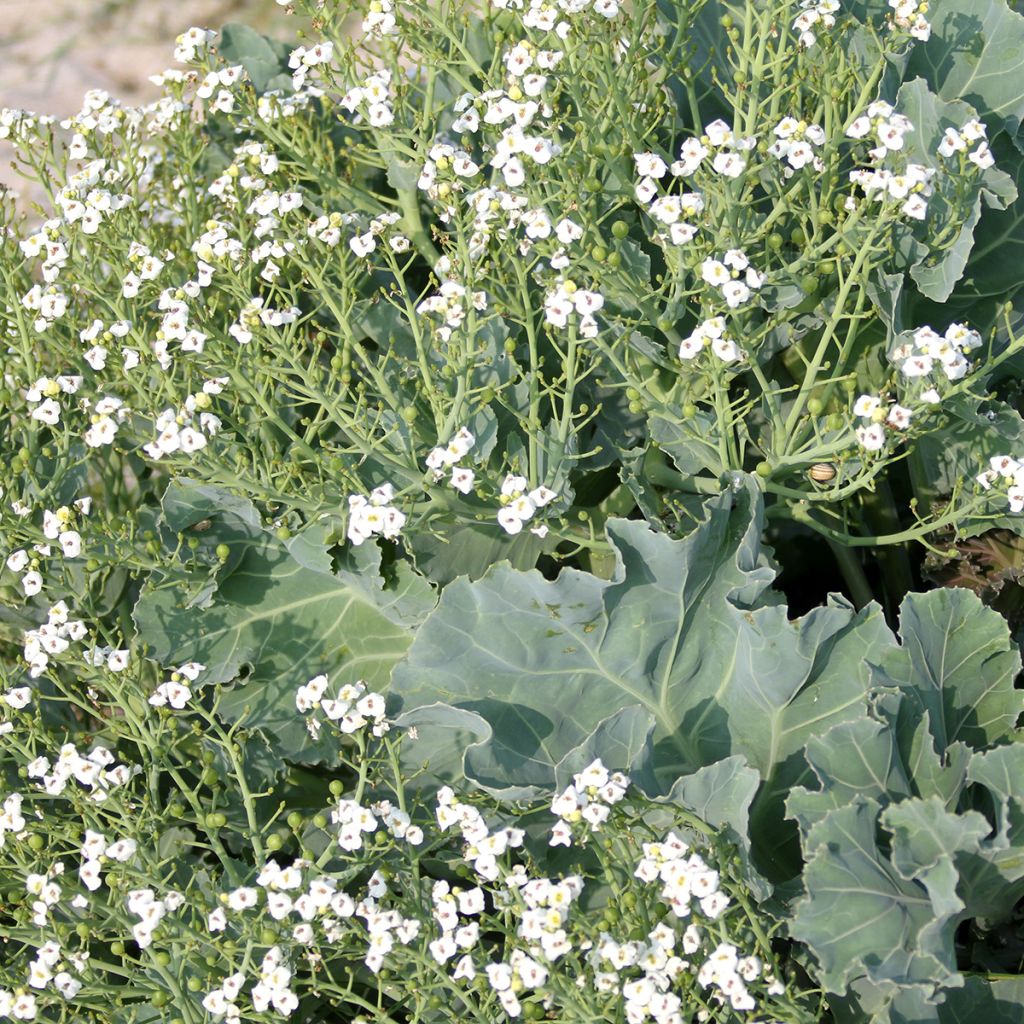

Crambe maritima - Sea Kale
Crambe maritima - Sea Kale
Crambe maritima
Greater sea-kale, Colewort, Heartleaf crambe
Very small upon arrival, disappeared over the winter, it's struggling to get started (and watch out for slugs?? or other enthusiasts).
Fred, 09/05/2025
Special offer!
Receive a €20 voucher for any order over €90 (excluding delivery costs, credit notes, and plastic-free options)!
1- Add your favorite plants to your cart.
2- Once you have reached €90, confirm your order (you can even choose the delivery date!).
3- As soon as your order is shipped, you will receive an email containing your voucher code, valid for 3 months (90 days).
Your voucher is unique and can only be used once, for any order with a minimum value of €20, excluding delivery costs.
Can be combined with other current offers, non-divisible and non-refundable.
Home or relay delivery (depending on size and destination)
Schedule delivery date,
and select date in basket
This plant carries a 12 months recovery warranty
More information
We guarantee the quality of our plants for a full growing cycle, and will replace at our expense any plant that fails to recover under normal climatic and planting conditions.
Would this plant suit my garden?
Set up your Plantfit profile →
Description
The Crambe maritima, also known as Sea kale or Sea cabbage, is a wild and perennial cousin of the biennial cabbage found in our vegetable gardens. This cabbage is a unique plant that adds beauty to gardens and can also be eaten. It thrives in rocky or sandy soil that is well-drained but still fresh. The plant has beautiful bluish-grey curly foliage and abundant ivory-white flowers in spring that are pleasantly fragrant. It's a wonderful addition to any garden and is easy to care for.
Sea kale is a long-lasting plant that is commonly found in Western Europe, from Sweden and Russia to Portugal via France. It can be spotted growing naturally on the pebbly beaches of Normandy, and occasionally in the sands and gravels of the coasts of the English Channel and the Atlantic Ocean. Nowadays, it is strictly protected due to its natural habitat being threatened.
The plant thrives in a sunny location, cool maritime climate, and rocky soil that is basic (chalky) with no organic matter, but rich in mineral elements. Sea kale is part of the Brassicaceae family, formerly known as the Cruciferae. It can survive very low temperatures as low as -20°C (-1°F), and it's easy to grow in well-drained soil in gardens.
Overall, sea kale is a hardy plant that can live for over 20 years. It belongs to the cabbage family and needs a specific type of environment to grow. Its importance lies in being a protected species that adds diversity to the natural landscapes of Western Europe.
The Crambe maritima develops from a thick and woody base from which crumpled and violet young shoots emerge that unfold into large round and fleshy leaves, very undulated at the edges, covered with a bluish bloom. An old clump can reach 60 cm (24in) in height when flowering (40 cm (16in) for foliage), with a spread at least equivalent. The young leaves are edible, especially when "blanched" by sheltering them from light with a mulch or a clay bell. This pretty vegetation remains evergreen in winter. The plant blooms from May to July, depending on the climate, generously. Numerous floral stems emerge from the foliage clump. They bear a few small leaves at the base and branch out into panicles at their ends. Each rather dense panicle is adorned with white to pinkish flowers with 4 petals, rather large and pleasantly fragrant. This flowering with a sweet honey fragrance, rich in nectar, attracts many pollinating insects. It gives way to globose and yellowish fruits called siliques, containing seeds that can be harvested and easily sown in March-April after a period of cold for 2 to 3 months.
In the kitchen:
All parts of the Crambe maritima are edible; their flavour is slightly different from that of garden cabbage. The leaves should be consumed before flowering occurs, and the flower buds can be eaten raw or cooked. The blanched young shoots (petioles) are used in English cuisine, their delicate flavour resembling both cardoon and asparagus. The roots, rich in starch and sugar, can be cooked and eaten.
In the garden:
The Crambe maritima is a star plant with moist soil for a sunny rock garden. Plant it among a few large stones in a gravel bed where it will be the only one visible in winter. Its strong personality does not prevent it from mingling in mixed borders with ground cover roses, perennial or shrubby salvias, daylilies, and Darley heathers. In a more rustic style, it can accompany Armeria maritima, onagras (Oenothera macrocarpa or versicolor), Echinops, catmints, hollyhocks or even beautiful grasses such as Muhlenbergia capillaris, Pennisetum aleupecuroides and Stipa tenuifolia. Quite accommodating, the sea kale is spectacular in fertile and fresh garden soil like the vegetable garden, but it often ages less well there.
Report an error about the product description
Crambe maritima - Sea Kale in pictures
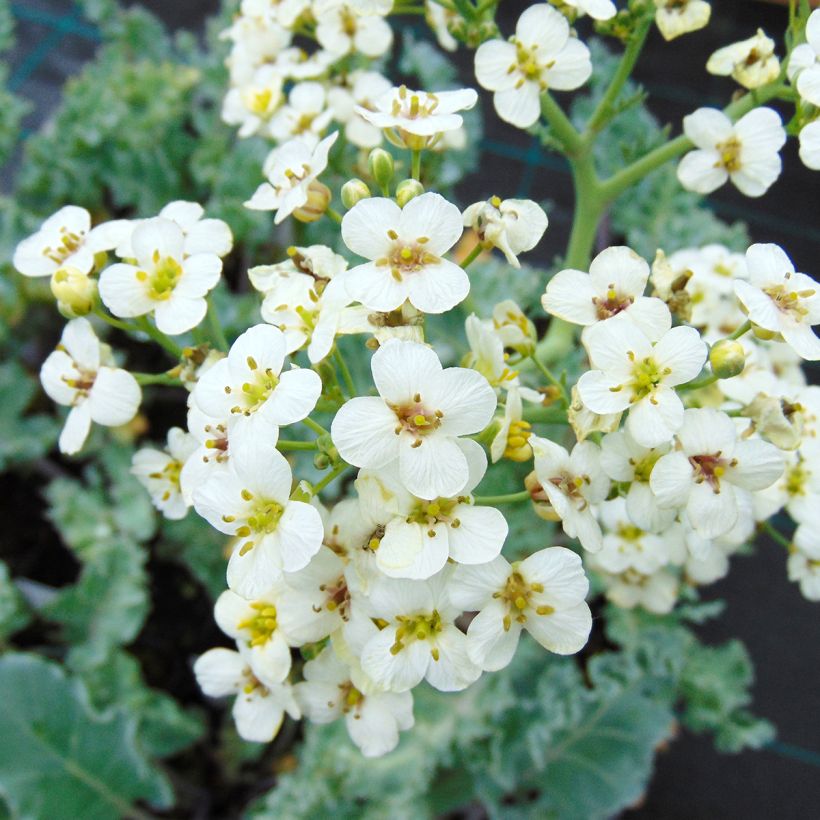

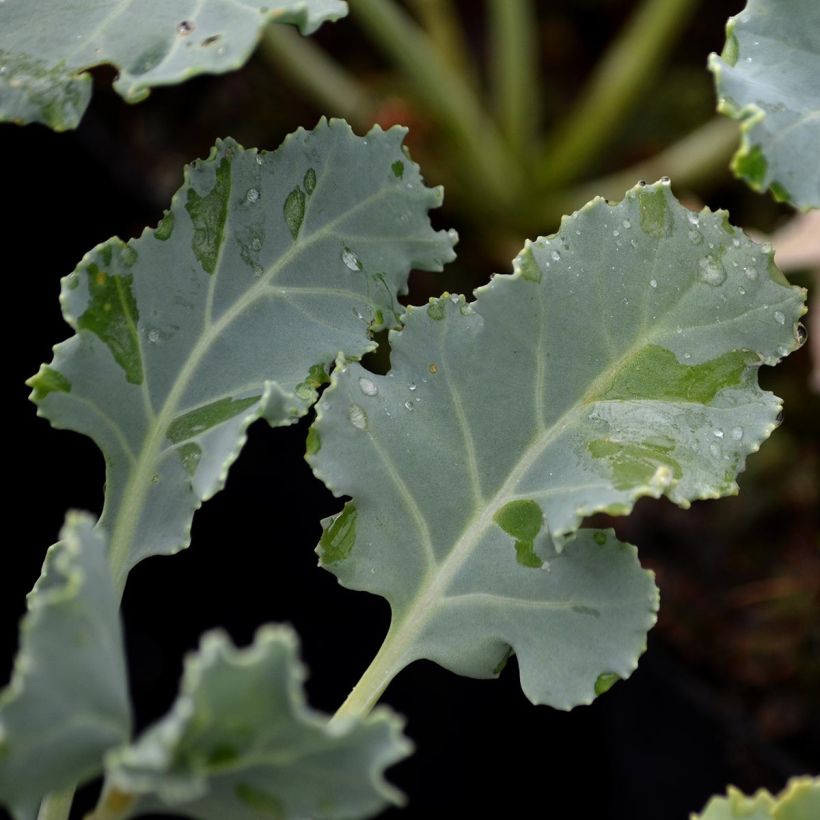

Flowering
Foliage
Plant habit
Botanical data
Crambe
maritima
Brassicaceae
Greater sea-kale, Colewort, Heartleaf crambe
Northern Europe
Other Giant and airy perennials
View all →Planting and care
The Crambe maritima prefers sandy, loamy, and stony soils, with a tendency towards limestone, but retaining moisture at depth. Crambe maritima is a plant that likes cool and humid oceanic climates but doesn't do well in heatwaves. It's an excellent plant for seaside gardens but can also grow inland alongside vegetable plants. To help it grow, it needs well-drained soil, deep enough to let its roots grow and find fresh soil. Plant it in a sunny spot, in a raised bed with gravel or between watered rocks. It can handle cold down to -15°C (5°F). The base of the plant can become loose, so add soil occasionally. You can also mulch around the plant to keep it fresh.
Protect young shoots from snails and slugs, and watch out for flea beetles that can puncture the leaves. You can keep them away by spraying water on the cabbage leaves in the morning and during the hot hours of the day.
If you want to grow Crambe in your vegetable garden, wait three years before harvesting the first shoots. The plant can last 8 to 10 years, so choose the right location and don't transplant it.
To grow more Crambe, take offshoots or plant seeds in March-April. The seeds need winter cold to grow.
Planting period
Intended location
Care
-
, onOrder confirmed
Reply from on Promesse de fleurs
Similar products
Haven't found what you were looking for?
Hardiness is the lowest winter temperature a plant can endure without suffering serious damage or even dying. However, hardiness is affected by location (a sheltered area, such as a patio), protection (winter cover) and soil type (hardiness is improved by well-drained soil).

Photo Sharing Terms & Conditions
In order to encourage gardeners to interact and share their experiences, Promesse de fleurs offers various media enabling content to be uploaded onto its Site - in particular via the ‘Photo sharing’ module.
The User agrees to refrain from:
- Posting any content that is illegal, prejudicial, insulting, racist, inciteful to hatred, revisionist, contrary to public decency, that infringes on privacy or on the privacy rights of third parties, in particular the publicity rights of persons and goods, intellectual property rights, or the right to privacy.
- Submitting content on behalf of a third party;
- Impersonate the identity of a third party and/or publish any personal information about a third party;
In general, the User undertakes to refrain from any unethical behaviour.
All Content (in particular text, comments, files, images, photos, videos, creative works, etc.), which may be subject to property or intellectual property rights, image or other private rights, shall remain the property of the User, subject to the limited rights granted by the terms of the licence granted by Promesse de fleurs as stated below. Users are at liberty to publish or not to publish such Content on the Site, notably via the ‘Photo Sharing’ facility, and accept that this Content shall be made public and freely accessible, notably on the Internet.
Users further acknowledge, undertake to have ,and guarantee that they hold all necessary rights and permissions to publish such material on the Site, in particular with regard to the legislation in force pertaining to any privacy, property, intellectual property, image, or contractual rights, or rights of any other nature. By publishing such Content on the Site, Users acknowledge accepting full liability as publishers of the Content within the meaning of the law, and grant Promesse de fleurs, free of charge, an inclusive, worldwide licence for the said Content for the entire duration of its publication, including all reproduction, representation, up/downloading, displaying, performing, transmission, and storage rights.
Users also grant permission for their name to be linked to the Content and accept that this link may not always be made available.
By engaging in posting material, Users consent to their Content becoming automatically accessible on the Internet, in particular on other sites and/or blogs and/or web pages of the Promesse de fleurs site, including in particular social pages and the Promesse de fleurs catalogue.
Users may secure the removal of entrusted content free of charge by issuing a simple request via our contact form.
The flowering period indicated on our website applies to countries and regions located in USDA zone 8 (France, the United Kingdom, Ireland, the Netherlands, etc.)
It will vary according to where you live:
- In zones 9 to 10 (Italy, Spain, Greece, etc.), flowering will occur about 2 to 4 weeks earlier.
- In zones 6 to 7 (Germany, Poland, Slovenia, and lower mountainous regions), flowering will be delayed by 2 to 3 weeks.
- In zone 5 (Central Europe, Scandinavia), blooming will be delayed by 3 to 5 weeks.
In temperate climates, pruning of spring-flowering shrubs (forsythia, spireas, etc.) should be done just after flowering.
Pruning of summer-flowering shrubs (Indian Lilac, Perovskia, etc.) can be done in winter or spring.
In cold regions as well as with frost-sensitive plants, avoid pruning too early when severe frosts may still occur.
The planting period indicated on our website applies to countries and regions located in USDA zone 8 (France, United Kingdom, Ireland, Netherlands).
It will vary according to where you live:
- In Mediterranean zones (Marseille, Madrid, Milan, etc.), autumn and winter are the best planting periods.
- In continental zones (Strasbourg, Munich, Vienna, etc.), delay planting by 2 to 3 weeks in spring and bring it forward by 2 to 4 weeks in autumn.
- In mountainous regions (the Alps, Pyrenees, Carpathians, etc.), it is best to plant in late spring (May-June) or late summer (August-September).
The harvesting period indicated on our website applies to countries and regions in USDA zone 8 (France, England, Ireland, the Netherlands).
In colder areas (Scandinavia, Poland, Austria...) fruit and vegetable harvests are likely to be delayed by 3-4 weeks.
In warmer areas (Italy, Spain, Greece, etc.), harvesting will probably take place earlier, depending on weather conditions.
The sowing periods indicated on our website apply to countries and regions within USDA Zone 8 (France, UK, Ireland, Netherlands).
In colder areas (Scandinavia, Poland, Austria...), delay any outdoor sowing by 3-4 weeks, or sow under glass.
In warmer climes (Italy, Spain, Greece, etc.), bring outdoor sowing forward by a few weeks.






























